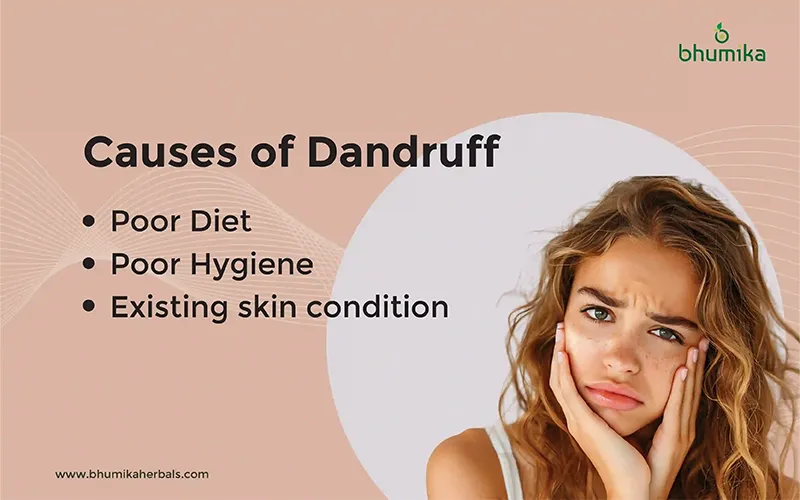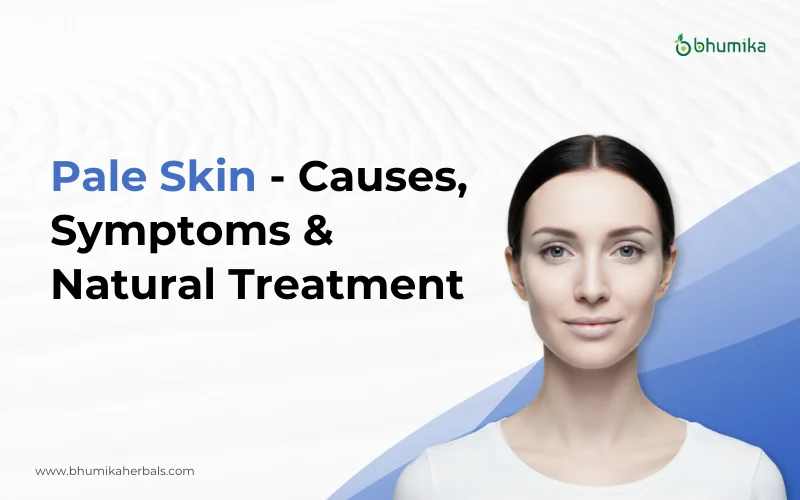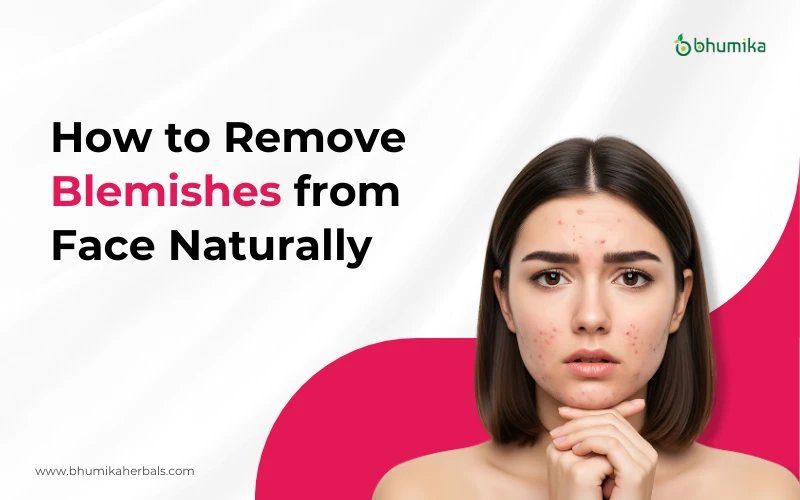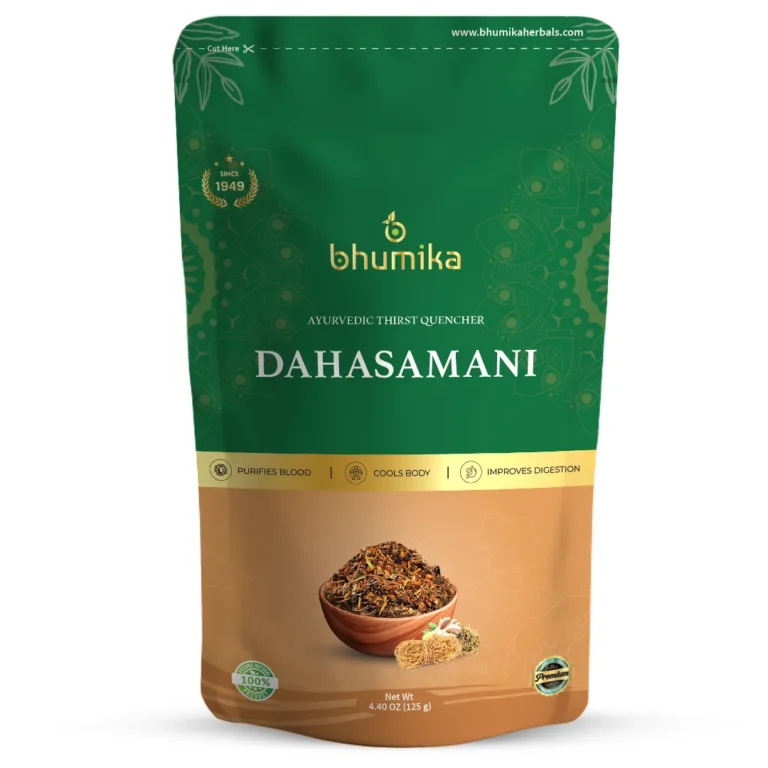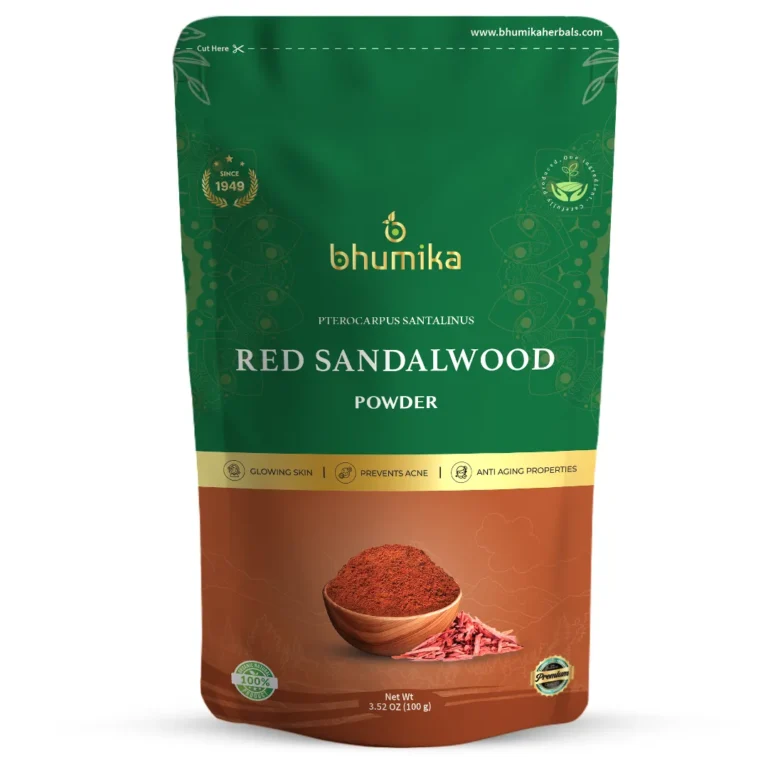Home Remedies for Dandruff – Natural Ayurvedic Solutions That Work
Share this!
There is nothing more frustrating than seeing those white flakes all over your dress when you’re about to step out. Dandruff isn’t just a hair problem; it may actually be a sign of an imbalance in your body.
Ayurvedic remedies aim to treat the causes of dandruff and help balance your scalp and hair. Please read the article further as it highlights the various home remedies for dandruff and how to use them to achieve a healthy and flake-free scalp.
What is Dandruff?
Dandruff is a common scalp issue that occurs when dead skin cells shed in the form of white or yellowish flakes. It is often accompanied by itching and inflammation, leading to persistent discomfort. While some flaking is a natural part of the skin’s renewal process, excessive shedding indicates dandruff, which may require proper care and treatment to manage effectively.
What Causes Dandruff?
According to Ayurveda, dandruff is mainly caused by an imbalance in your doshas. An aggravation of the pitta and vata doshas will result in dry and flaky dandruff, whereas an oily or wet dandruff will point to a kapha-vata imbalance. Here are some of the other causes of dandruff:
- Poor Diet: If your diet lacks essential vitamins and minerals, then it can be one of the causes of dandruff. Vitamin B complexes, zinc, and omega fatty acids are some nutrients that support hair health. Consuming fresh fruits, vegetables, protein, and healthy oils can help prevent dandruff. If the food you consume has excessive artificial colours and flavours, and is spicy, it can cause inflammation, resulting in dandruff.
- Poor Hygiene: Even though daily washing may not be ideal for your hair and may strip away your hair’s natural oil, it is important that you wash your hair at least three times a week. If not washed properly, dead skin cells may build up, allowing the bacteria to grow, which can eventually lead to dandruff and scalp infections.
- Stress: When you undergo stress, the immune system becomes weak, and there will be an increase in the pitta dosha. This results in excess sebum production, which creates an environment for the bacteria to grow, causing dandruff.
- Existing skin condition: People with existing skin conditions such as eczema and psoriasis have a higher chance of suffering from dandruff. If you have dry skin naturally, you may also experience dandruff, particularly in winter when the vata dosha becomes aggravated.
Top 10 Home Remedies for Dandruff
Here are some of the effective natural remedies for dandruff:
Neem
Neem possesses antiseptic, antibacterial, antiviral and antifungal properties. Neem, referred to as ‘sarva roga nivarini,’ in Ayurveda, means it is a cure for all ailments. The antifungal properties of neem help eliminate bacteria and fungi, relieve itching and irritation, making it an effective dandruff treatment at home.
How to Use Neem for Dandruff
- Apply neem oil to your hair before bed, leave it overnight and wash it out in the morning.
- Grind neem leaves and mix them with curd to create a paste.
- Apply this mixture to your hair and scalp.
- After 20 minutes, wash off your hair
Fenugreek
Fenugreek seeds are one of the best home remedies for dandruff. They exhibit antibacterial properties that help remove dandruff and offer nourishment to the scalp.
How to Use Fenugreek for Dandruff
- Soak fenugreek seeds overnight, and grind them in the morning to form a smooth paste.
- Apply this paste directly to the scalp, or you can mix this paste with other ingredients like lemon juice, yoghurt, or henna for added benefits.
- After 30 minutes, wash off the paste with a mild shampoo.
OR
- Apply the fenugreek seeds-infused coconut oil to your hair and gently massage it into your scalp for about 20 minutes at night.
- Wash your hair the next morning for best results.
Lemon
Lemon, rich in citric acid, vitamin C, and zinc, can effectively treat dandruff. It is abundant in antioxidants and possesses antifungal properties, which makes it an effective scalp cleansing remedy for dandruff.
How to Use Lemon for Dandruff
- In a bowl, mix fresh lemon juice, olive oil, and ginger extract.
- Apply this mixture to your scalp, and massage it for a few minutes.
- Leave it on the hair for an hour before washing it off.
OR
- Prepare a hair mask by mixing lemon peel powder, sandalwood powder, and multani mitti.
- Apply the mixture to your scalp, leave it on for an hour, then wash it off.
Aloe Vera
Aloe is another widely known ayurvedic remedy for dandruff. It possesses soothing, calming, and antibacterial properties that help relieve scalp irritation. Applying aloe vera is also effective in easing the itching caused by conditions like psoriasis and eczema.
How to Use Aloe Vera for Dandruff
- Apply the freshly extracted aloe vera gel to your scalp.
- Let it stay on your hair overnight and wash it off the next morning.
Amla
Packed with vitamin C, amla also helps treat dandruff.
How to Use Amla for Dandruff:
- In a bowl, mix amla powder with ground tulsi leaves, and add a little water to create a thick paste.
- Apply the mixture evenly to your scalp and leave it on for 30 minutes.
- Rinse off your hair with shampoo and lukewarm water.
Tea Tree Oil
The antimicrobial and anti-inflammatory properties of Tea tree oil can help reduce dandruff. It is also effective in treating the fungal strains responsible for dandruff and seborrheic dermatitis.
It is recommended to dilute tea tree oil with water or a carrier oil before applying it to the hair to prevent irritation, especially for those with sensitive skin. The best way to use tea tree oil for hair care is by creating a hair spray.
How to Use Tea Tree Oil for Dandruff:
- Prepare a hair spray by diluting 5% tea tree oil with water or chamomile tea.
- Spray it onto your hair and scalp.
Baking soda
This widely used kitchen ingredient, baking soda, works like a mild exfoliant to remove dead skin cells and provides relief from scalp itchiness and flaking.
How to use baking soda for dandruff:
- Apply baking soda directly to wet hair and gently massage it into your scalp.
- Leave it for 1-2 minutes before rinsing it with water and shampoo.
Apple Cider Vinegar
Apple cider vinegar can help remove dead skin cells and balance the scalp’s pH.
How to Use Apple Cider Vinegar for Dandruff
- Mix two to three tablespoons of apple cider vinegar with an equal amount of water.
- Apply the mixture to your scalp and let it sit for
- After a few minutes, rinse the hair with water or shampoo your hair.
Bhringaraj
Bhringraj, also known as the ‘King of Herbs’ or False Daisy, is a widely known and beneficial herb contributing to overall hair health. The Bhringraj uses for hair include promoting hair growth, preventing premature greying, controlling hair fall, etc. Its antimicrobial and antifungal properties help reduce dandruff, soothe scalp irritations, and improve blood circulation to the scalp.
How to Use Bhringraj for Dandruff
- Massage Bhringraj oil on the scalp for 10-20 mins.
- Leave it for an hour, and wash your hair with cold or normal water.
Shikakai
Shikakai, commonly known as ‘Fruit of the Hair’, is an effective solution for many hair problems, including dandruff.
How to Use Shikakai for Dandruff
- Mix Shikakai powder with Apple Cider Vinegar
- Apply this mixture to your hair and leave it for 45 minutes
- Wash your hair with water or a mild shampoo
Simple Tips to Prevent Dandruff
Here are some effective dandruff control tips you can follow for a healthier scalp:
- Over-washing will cause your scalp to become dry, leading to dandruff.
- Brush your hair only after it has dried, as it will help to distribute natural oils evenly across the scalp.
- Manage your stress levels to prevent dandruff.
- Massaging your scalp regularly with olive oil can help reduce dandruff.
- To prevent the UV rays from drying out your scalp, cover your head when stepping out in the sun.
- Don’t share your comb or hair brush if you want to prevent the spread of dandruff.
- Use natural hair products and avoid shampoos and conditioners with harsh chemicals.
- If you are not able to treat dandruff yourself, consult a dermatologist for proper treatment.
The Bottom Line
Don’t let those pesky white flakes ruin your confidence. Instead of relying on chemical products, try the home remedies for dandruff, which are natural and effective. By maintaining hair hygiene, curbing stress levels, and eating a healthy diet, you can also prevent dandruff to an extent.
Frequently Asked Questions on Home Remedies for Dandruff
What is the best home remedy for dandruff?
Some of the best home remedies for dandruff include tea tree oil, aloe vera, apple cider vinegar, neem oil, and other natural antifungal treatments.
How often should I apply aloe vera for dandruff?
You may apply aloe vera for dandruff 2–3 times a week.
Is lemon good for dry scalp dandruff?
Yes, lemon can help with dry scalp dandruff, but you should use it carefully. Lemon has natural acids and antimicrobial properties that fight dandruff-causing fungus and maintain the scalp’s pH. To avoid dryness, dilute lemon with water, mix it with oils like coconut oil, and moisturise your scalp after application.
Is fenugreek good for dandruff control?
Yes, fenugreek (methi) helps control dandruff. It has natural antifungal and anti-inflammatory properties that fight dandruff-causing fungus and reduce scalp irritation. It also helps moisturise the scalp, preventing dryness and flakiness.
About the Author
Vishnu Raj
Related Posts
Made from a blend of powerful herbs, Chyawanprash is a...Read More
Pale skin may be considered a natural skin tone for...Read More
One of the most annoying skin problems we all have...Read More
It is not very common to notice white patches on...Read More
Pimples are a common skin concern that comes with endless...Read More
Honey is a common ingredient available in most households, used...Read More
Tadasana, also known as the mountain pose, is considered the...Read More
Blemishes can appear as dark spots, acne marks, or red...Read More
Share this!
Share this!
Shop by Concern
Acne & Pimples (9) Dandruff & Scalp Itchiness (6) Dark Circles & Puffy Eyes (4) Dead Skin Cells (6) Dehydrated Skin (4) Dry & Damaged Hair (5) Dryness (4) Dry Scalp (6) Dry Skin (4) Dull Skin (8) Excessive Oilness (4) Face Care (9) Fine Lines & Wrinkles (8) Greying (3) Hair Care (8) Hairfall (6) Hair Loss & Growth (6) Hyper Pigmentation (6) Sandalwood Products (4) Skin Brightening (9) Skin Care (8) Stretch Marks (3) Tanned Skin (5) Uneven Skin Tone/ Pigmentation (6) Uneven Skintone/ Texture (5)


